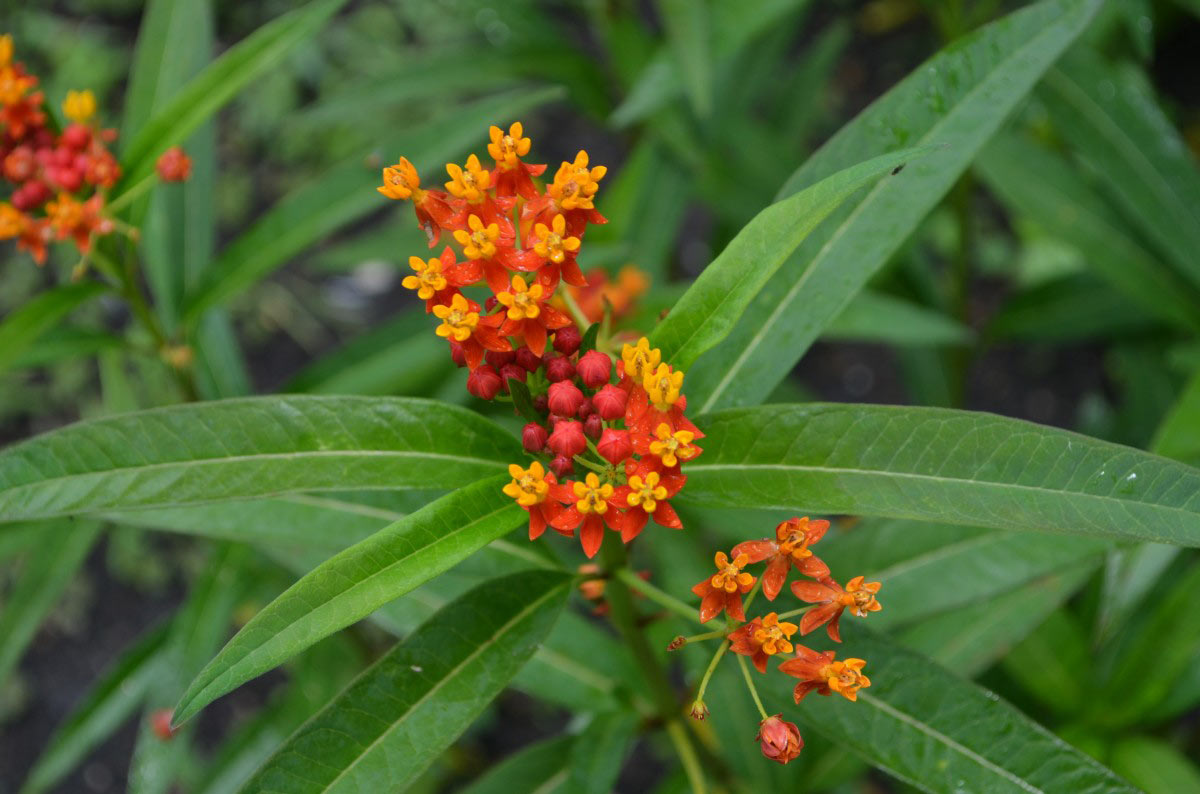Posted by: Atlantic Eye Institute in Education

Milkweed is a popular plant among gardeners as it attracts butterflies. However, it requires care in handling. Milkweed produces a milky white sap that contains a mild poison; its bitter taste warns away many of the animals and insects that try to eat its tender leaves. Certain insects, including monarch butterfly larvae, are immune to the toxin. By feeding almost exclusively on milkweed leaves, they can accumulate enough of the poison in their bodies to make them distasteful to predators.
Humans are not exempt from this poison. Milkweed sap can be very irritating to the skin but is also very dangerous if it gets in your eyes. This poison can cause corneal endothelial toxicity. This toxicity affects the innermost layer of the cornea and can cause symptoms such as blurred vision, light sensitivity and extreme pain. These symptoms often do not present immediately, which is why most patients and doctors never associate it with milkweed poisoning.
So the next time you are working in the garden, remember these helpful tips to protect your eyes.
- Wear eye protection
- Use gloves
- Avoid rubbing eyes or wiping sweat from brow
- Always wash hands immediately after handling
If you suspect that you may have milkweed poisoning, it is important that you call the eye doctors at Atlantic Eye Institute immediately. We are on call for our patients 24/7, so there is never a bad time to call! At Atlantic Eye Institute your eyes are our focus.



